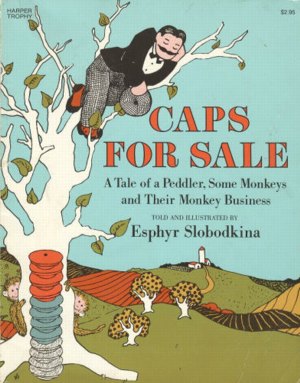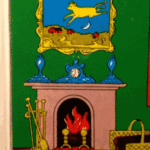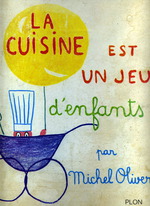 At The Millions, Kevin Hartnett tells of suddenly having a deep, nostalgic, and deep again onrush of emotion while reading Caps For Sale to his son at bedtime.
At The Millions, Kevin Hartnett tells of suddenly having a deep, nostalgic, and deep again onrush of emotion while reading Caps For Sale to his son at bedtime.
As my son finished his milk and started to fall asleep, I found myself awash in the same anguish I'd felt at this point in the story as a child. I couldn't have explained why at the time, but as a child I knew there was something deeply sad about the peddler throwing his own cap to the ground. Now as an adult, I can put words to that sadness; I can see that by throwing his own cap to the ground the peddler is effectively saying that without his caps, nothing in the world matters anymore.Hartnett puts thie experience in the context of perennial children's book classics, taking comfort in the bestsellers' power to reignite childhood memories. Which, yes. A Snowy Day does that for me a little bit.I was surprised by the complexity of the reaction to Caps for Sale I'd had as a kid. As a four-year-old, I had no firsthand experiences that would have taught me there is such a thing as despair in the face of an unforgiving world, but on an intuitive level I understood that what the peddler was experiencing went beyond mere frustration.
But this kind of multigenerational magic-sharing is a strategy exploited on an industrial scale, targeting new parents and grandparents alike. I walked by a gift shop today with The Goodnight Moon Game in the window. What the hell is that?
Don't get me wrong; "Goodnight nothing/ Goodnight mush" is a great line. But I see that book still selling 800,000 copies a year as a failure of the market, of the culture, of the imagination. Don't get me started on Eric Carle.
Which doesn't mean classic or childhood books are automatically bad. Or automatically good; the Berenstain Bears have been sucking now for three generations. And nostalgia's not wrong, either, when it's coupled with awareness.
Now that you're an adult, you can see the toxic narcissism in The Giving Tree or the mixed blessing/curse of suburban sprawl and the working man's perilous situation in Mike Mulligan. And you can like Caps For Sale in a different way knowing that its creator Esphyr Slobodkina was an avant garde artist who fled Siberia with the folk tale, and was able to make her work thanks to the childrens book gigs she got from, who else, Margaret Wise Brown.
Goodnight Stars, Goodnight Air: Reconnecting with Children's Books as a Parent [themillions via, um, tmn, I think]
Buy Caps For Sale for itself! [amazon]



